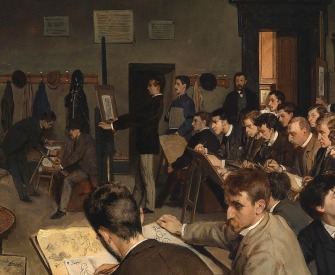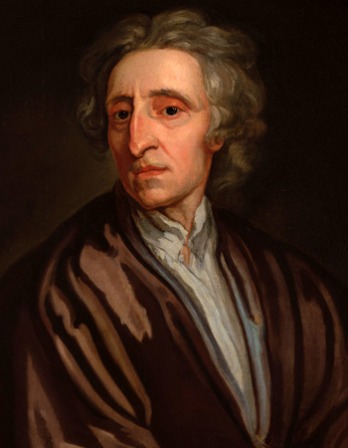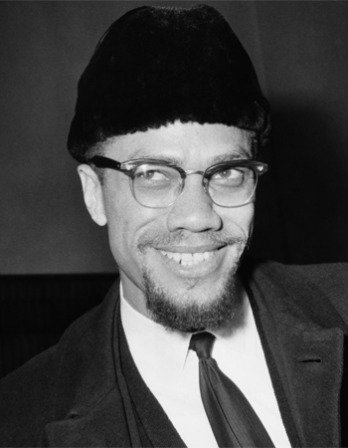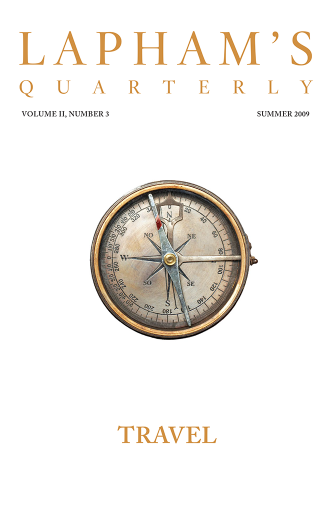It’s the educated barbarian who is the worst: he knows what to destroy.
—Helen MacInnes, 1963False Promises
Satisfaction not quite guaranteed, Isocrates warns.
If all who are engaged in the profession of education were willing to state the facts instead of making greater promises than they can possibly fulfill, they would not be in such bad repute with the lay public. As it is, however, the teachers who do not scruple to vaunt their powers with utter disregard for the truth have created the impression that those who choose a life of careless indolence are better advised than those who devote themselves to serious study.
Indeed, who can fail to abhor, yes, to contemn, those teachers, in the first place, who devote themselves to disputation? They pretend to search for truth but straightway at the beginning of their professions attempt to deceive us with lies. I think it is manifest to all that foreknowledge of future events is not vouchsafed to our human nature but that we are so far removed from this prescience that Homer, who has been conceded the highest reputation for wisdom, has pictured even the gods as at times debating among themselves about the future—not that he knew their minds but that he desired to show us that for mankind this power lies in the realms of the impossible.
But these professors have gone so far in their lack of scruple that they attempt to persuade our young men that if they will only study under them, they will know what to do in life and through this knowledge will become happy and prosperous. More than that, although they set themselves up as masters and dispensers of goods so precious, they are not ashamed of asking for them a price of three or four minae! Why, if they were to sell any other commodity for so trifling a fraction of its worth, they would not deny their folly. Nevertheless, although they set so insignificant a price on the whole stock of virtue and happiness, they pretend to wisdom and assume the right to instruct the rest of the world. Furthermore, although they say that they do not want money and speak contemptuously of wealth as “filthy lucre,” they hold their hands out for a trifling gain and promise to make their disciples all but immortal!
But it is not these sophists alone who are open to criticism but also those who profess to teach political discourse. For the latter have no interest whatever in the truth, but consider themselves masters of an art if they can attract great numbers of students by the smallness of their charges and the magnitude of their professions and get something out of them. They are themselves so stupid and conceive others to be so dull that although the speeches they compose are worse than those some laymen improvise, they nevertheless promise to make their students such clever orators that they will not overlook any of the possibilities a subject affords. More than that, they do not attribute any of this power either to the practical experience or to the native ability of the student but undertake to transmit the science of discourse as simply as they would teach the letters of the alphabet, not having taken the trouble to examine the nature of each kind of knowledge, but thinking that because of the extravagance of their promises, they themselves will command admiration, and the teaching of discourse will be held in higher esteem—oblivious of the fact that the arts are made great not by those who are without scruple in boasting about them but by those who are able to discover all the resources each art affords.
For myself, I should have preferred above great riches that philosophy had as much power as these men claim; for, possibly, I should not have been the very last in the profession nor had the least share in its profits. But since it has no such power, I could wish that this prating might cease. For I note that the bad repute that results from this does not affect only the offenders. All the rest of us who are in the same profession share in the opprobrium.
I marvel when I observe these men setting themselves up as instructors of youth who cannot see that they are applying the analogy of an art with hard-and-fast rules to a creative process. Apart from these teachers, who does not know that the art of using letters remains fixed and unchanged, so that we continually and invariably use the same letters for the same purposes, while exactly the reverse is true of the art of discourse? What has been said by one speaker is not equally useful for the speaker who comes after him; on the contrary, he is accounted most skilled in this art who speaks in a manner worthy of his subject and yet is able to discover in it topics that are in no way the same as those used by others. But the greatest proof of the difference between these two arts is that oratory is good only if it has the qualities of fitness for the occasion, propriety of style, and originality of treatment, while in the case of letters, there is no such need whatsoever. So that those who make use of such analogies ought more justly to pay out than to accept fees, since they attempt to teach others when they are themselves in great need of instruction.
I think all intelligent people will agree that while many of those who have pursued philosophy have remained in private life, others who have never taken lessons from any one of the sophists have become able orators and statesmen. Ability, whether in speech or in any other activity, is found in those who are well endowed by nature and have been schooled by practical experience. Formal training makes such men more skillful and more resourceful in discovering the possibilities of a subject. It teaches them to take from a readier source the topics they otherwise hit upon in haphazard fashion. But it cannot fully fashion men who are without natural aptitude into good debaters or writers—although it is capable of leading them to self-improvement and a greater degree of intelligence on many subjects.
I hold that it is not so very difficult to obtain a knowledge of the elements out of which we make and compose all discourses if you entrust yourself not to those who make rash promises but to those who have some knowledge of these things. But to choose from these elements those that should be employed for each subject, to join them together, to arrange them properly, and also not to miss what the occasion demands but appropriately to adorn the whole speech with striking thoughts and to clothe it in flowing and melodious phrases—these things, I hold, require much study and are the task of a vigorous and imaginative mind. For this the student must not only have the requisite aptitude. He must also learn the different kinds of discourse and practice himself in their use. The teacher, for his part, must so expound the principles of the art with the utmost possible exactness as to leave out nothing that can be taught. For the rest, he must in himself set such an example of oratory that the students who have taken form under his instruction and are able to pattern after him will from the outset show in their speaking a degree of grace and charm that is not found in others. When all of these requisites are found together, then the devotees of philosophy will achieve complete success.

Isocrates
From Against the Sophists. Isocrates was born in Athens in 436 bc, five years before the onset of the Peloponnesian War. The son of a wealthy family, he is said to have studied with such renowned scholars and rhetoricians as Tisias, Prodicus, and Gorgias. After suffering financial losses from the war, Isocrates gave up writing forensic speeches and began working as a teacher of rhetoric. In one treatise he argued that because Athens owed its cultural and military dominance to rhetoric, he had given far more to the state as a teacher than he could ever hope to receive in return.




